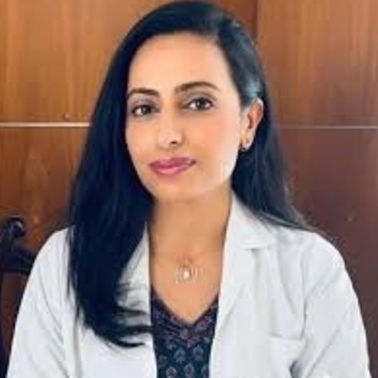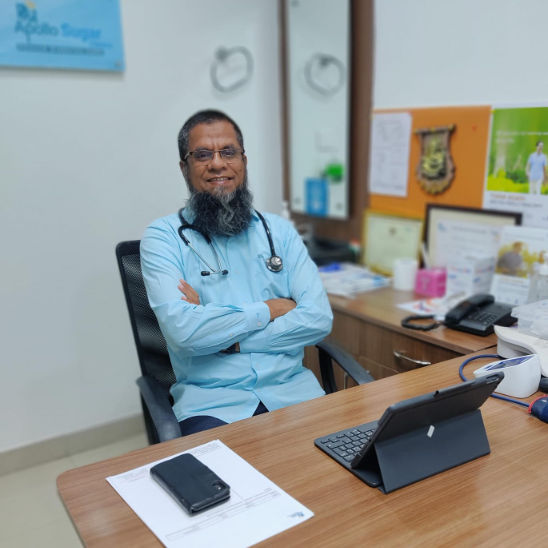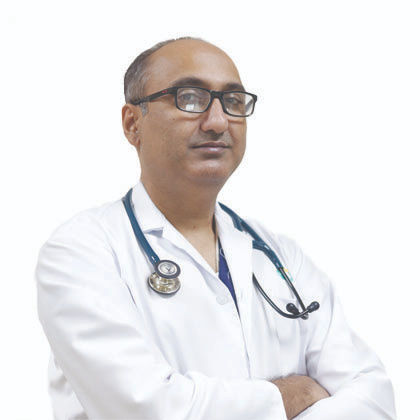Availability
Best Allergist and Clinical Immunologist Doctors (40 doctors)

Dr. Dilip Joseph Wilson
General Physician/ Internal Medicine Specialist
30 Years • MBBS, DT M&H, DFFP, DIP.IIST
Bengaluru
Apollo Clinic, Sarjapur Road, Bengaluru

Dr. Yashaswi R G
Ent Specialist
16 Years • MBBS, DLO , Fellow (Rhinology), Fellow (Allergy and Asthma)
Bengaluru
Apollo Clinic, Electronic City, Bengaluru
(50+ Patients)

Dr. Akriba Ahmed. Ent Allergy Vertigo Specialist
Ent Specialist
20 Years • MBBS, DLO
Guwahati
Apollo Excelcare Hospital, Guwahati
(75+ Patients)

Dr. Jayaram Y R
Paediatrician
37 Years • MBBS, DCH
Bengaluru
Apollo Clinic, JP nagar, Bengaluru

Dr. Nupur Tandon
General Physician/ Internal Medicine Specialist
16 Years • MBBS, PG DIPLOMA IN Diabetes Management, Specialist in diabetes and thyroid disorders (CCEBDM)
Bengaluru
Apollo Clinic, Sarjapur Road, Bengaluru

Dr. Shruti Manjunath
Ent Specialist
7 Years • MBBS, MS ENT, FAAP
Bengaluru
Apollo Clinic, Indiranagar, Bengaluru
(25+ Patients)

Dr. Shwetha H P
Dermatologist
11 Years • M.B.B.S ,D.V.D ,FAM (Fellowship in Aesthetic Medicine)
Bengaluru
Apollo Clinic, Sarjapur Road, Bengaluru

Dr Ahmed Sayeed
General Physician/ Internal Medicine Specialist
26 Years • MBBS, M.D (GENERAL MEDICINE), MRCP (UK)
Bengaluru
Apollo Clinic, JP nagar, Bengaluru
(25+ Patients)

Dr Ravi Ganesh Bharadwaj Only For Hand And Wrist
Orthopaedician
30 Years • MBBS, MS(Ortho), MRCS, Dip SICOT,FRCS(Trauma & Ortho)
Kolkata
Apollo Multispeciality Hospitals , Kolkata, Kolkata
(50+ Patients)

Dr. Saibal Moitra
Allergist And Clinical Immunologist
25 Years • MBBS, MD (Resp. Med.), PhD, FCCP, DAA
Kolkata
Apollo Multispeciality Hospitals , Kolkata, Kolkata
(200+ Patients)